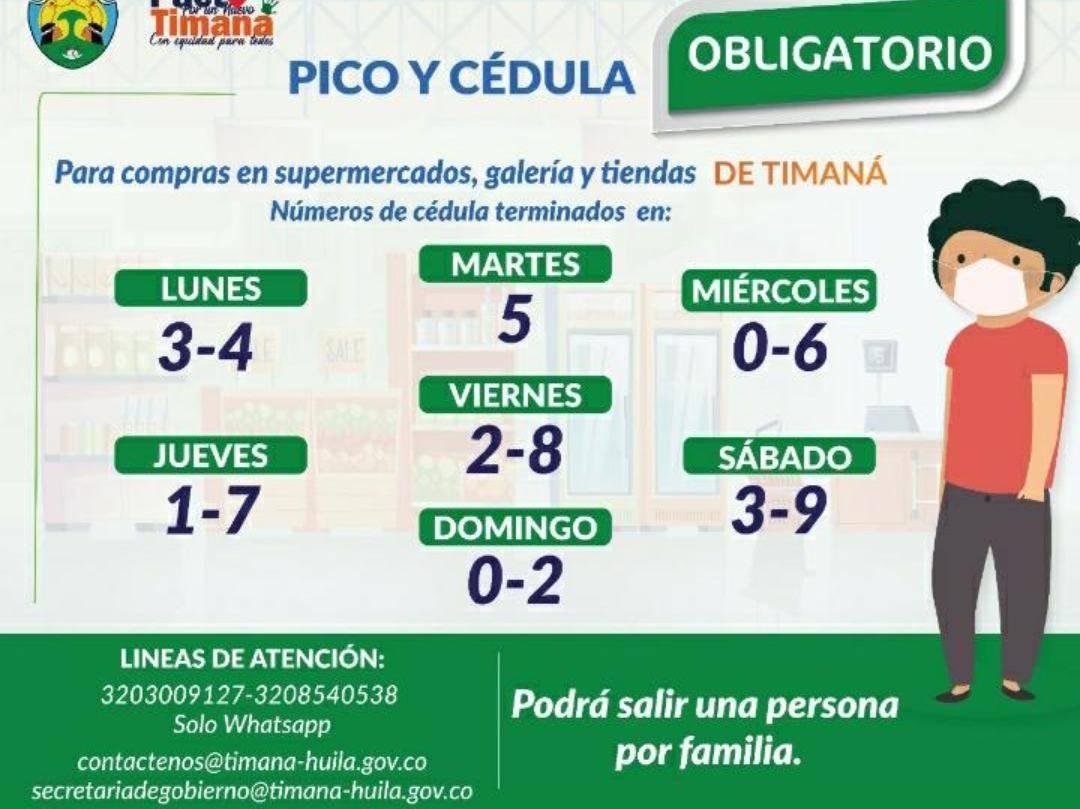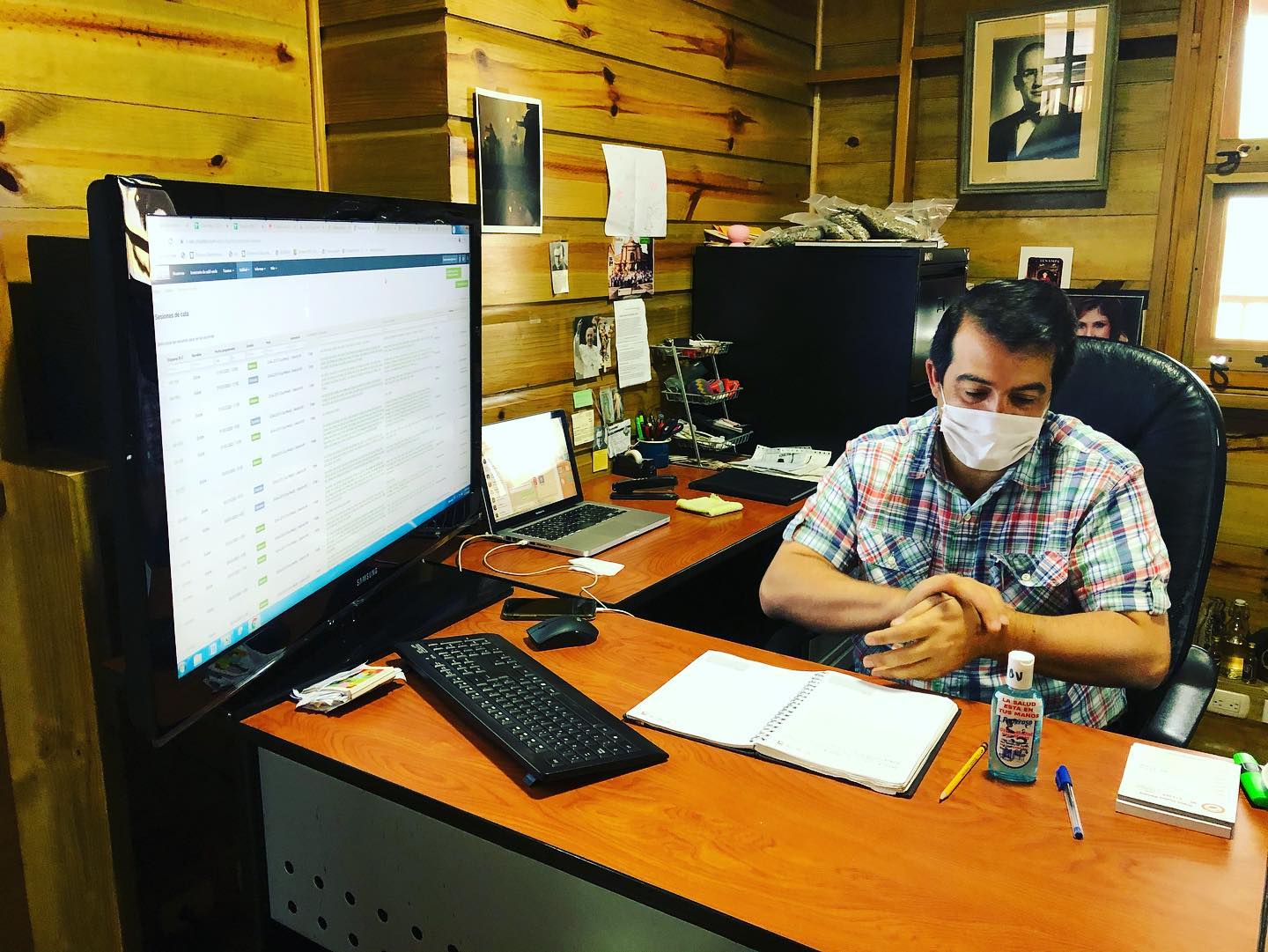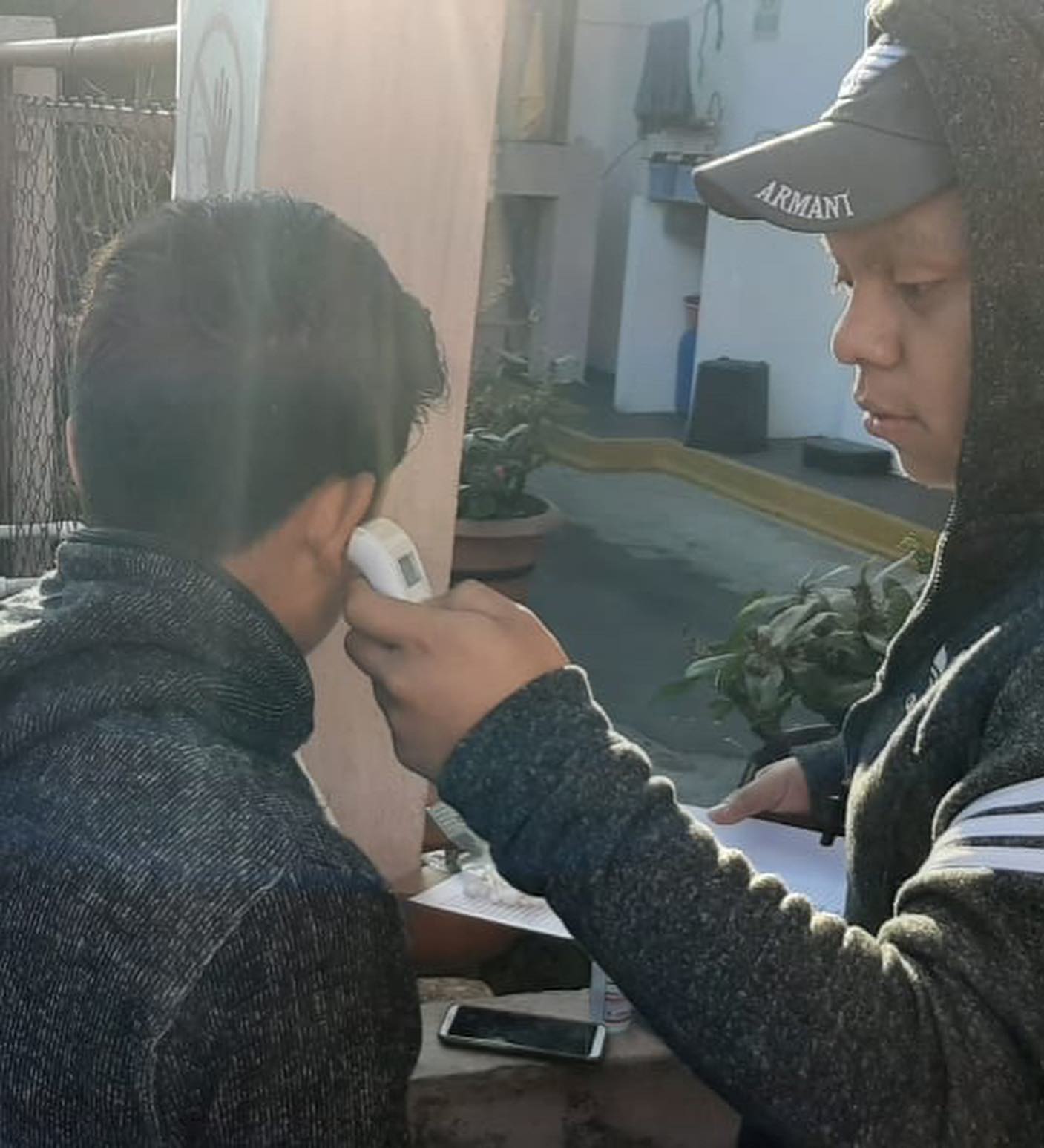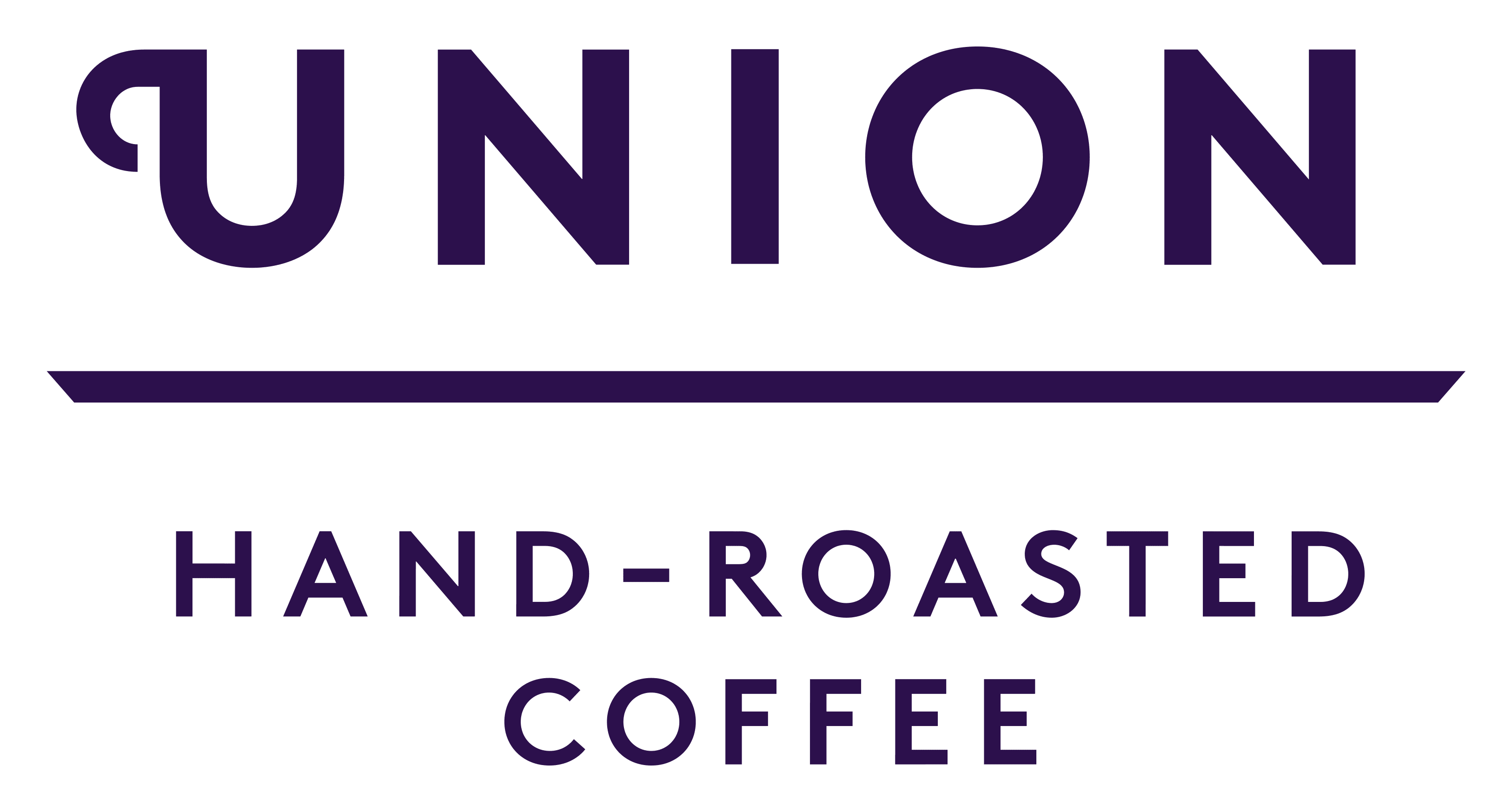From social distancing to staying at home, we have been introduced to a temporary new way of life. Coffee remains to be consumed daily by those working from home; but what does COVID-19 mean for coffee supply?
The Importance of Coffee to Farmer Livelihoods
Despite many countries imposing restrictions to help curb the effects of COVID-19, coffee business continues. Coffee is an agricultural product, with cherries needing to be picked beans needing to be processed.
Coffee is a valuable export for many producing countries and provides the main income for millions of people. It’s also a significant generator of foreign earnings which can be taxed to help invest in education, health care and infrastructure.
Therefore, in most coffee-growing countries, coffee is deemed as an essential product. The majority of coffee farms and coffee-related businesses have, therefore, continued to operate.

What Kind of Restrictions Are Coffee Producers And Exporters Facing?
Coffee is seasonal, harvested once a year (except for some parts in Colombia). The harvest in the northern hemisphere (Central America) has ended. In the Southern hemisphere (Brazil, Peru, Colombia but also Rwanda/Burundi) harvest is starting. So, coffee-producing countries are experiencing different effects from the restrictions.
Coffee cherries need to be harvested, which is possible while following social distancing rules. However, this will often mean working at a smaller capacity meaning fewer people can work. This, in turn, affects the incomes of workers.
Restriction on movement is also causing problems in the coffee supply chain. This includes closing borders and restricting access to ports, which can affect both the availability of labour and transportation.
In Brazil, despite President Bolsonaro’s scepticism towards quarantine measures, some states including important coffee-growing areas of São Paulo, have implemented lockdowns within their own states. This also includes border closures and restrictions on movement.
Although most farms in Brazil are mechanised, many farms still rely heavily on manual labour. These labourers often travel from different parts of the country to work which is now proving to be a problem with restrictions on travel and border closures.
While this won’t stop the flow of coffee, it will disrupt and delay the usual transportation process. It may also have an effect on the quality of the harvest as cherries may not be able to be picked at the optimal stage of ripeness.
Socioeconomic issues must also be considered. Farmworkers across different countries often don’t have access to social welfare so if they cannot work, they do not get paid, and there is no subsidy for losing out on these payments.
Many coffee-producing countries have weak healthcare systems in place and rural areas are often far from hospitals and intensive care units. Access to water and soap for handwashing can also be an issue.

What Measures Are In Place to Help Protect Coffee Producers?
Coffee farmers are taking different measures to ensure farming can continue as smoothly and safely as possible.
This includes rules on handwashing; hygiene at home; social distancing when harvesting and processing; restrictions on meetings, including training; protocols to keep safe when around the farms.
In all cases, communication is key to the safety of coffee farmers. Access to information is not always easy so farmers and members of co-operatives must do what they can to share information accurately and as broadly as possible.
For example, in Colombia, our producer partner ASPROTIMANA have launched a radio message sharing with their farmers base the steps they can take to protect themselves and their families. These are the 6 points shared with their member base:
1. Appoint a specific member of the family to go out of the home for purchases (confirm citizens ID number)
2. Leave the farm as little as possible, and avoid public places
3. Establish sanitary protocols in and around the house
4. Use family labour only during the harvest
5. If someone in your family is sick, follow the government set protocols
6. Wash your hands on a regular basis

Our friends at COCAFELOL in Honduras, are investigating how to create hand sanitiser from alcohol, aloe vera, and lime.
Esquipulas co-operative in Guatemala have also been sharing information amongst their members.
In Rwanda, wet-mills must adhere to guidelines on COVID-19 protection. This includes masks for workers, one-metre distancing between workers and staff, and stricter limits on gathering sizes.
At the dry-mill, Bella Vista farm in Guatemala, workers' temperature are checked, and extra hand washing facilities are placed.

Growing and exporting coffee at fair prices is important towards the wellbeing of communities. We are thankful for all our wonderful customers who keep supporting small businesses like Union in these challenging times. This allows us to keep working with these communities and maintain the strong relationships we have.
Pascale Schuit,
Sustainable Sourcing Manager
For information on the impact of COVID-19 (coffee range, delivery, food safety) please click here:
https://unionroasted.com/pages/roastery-update


